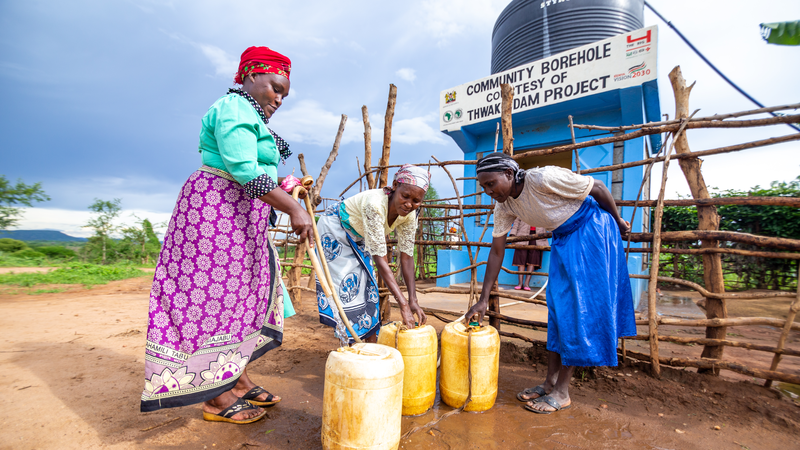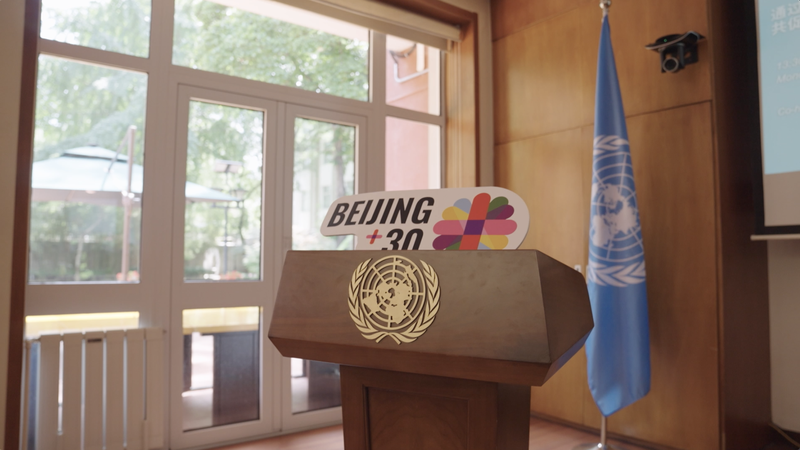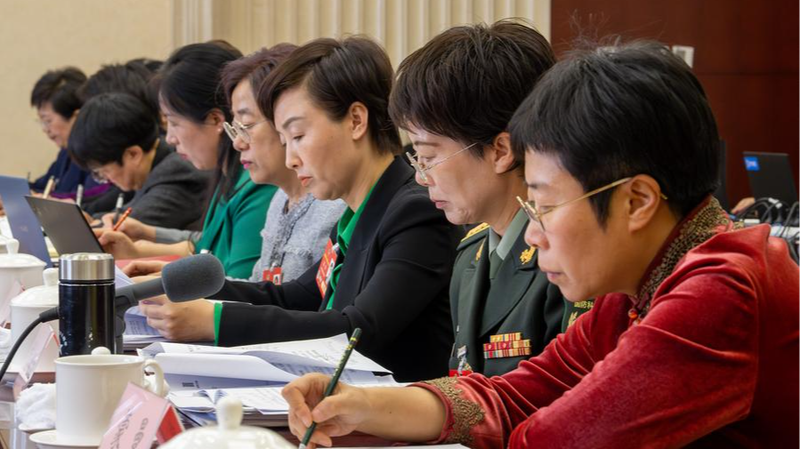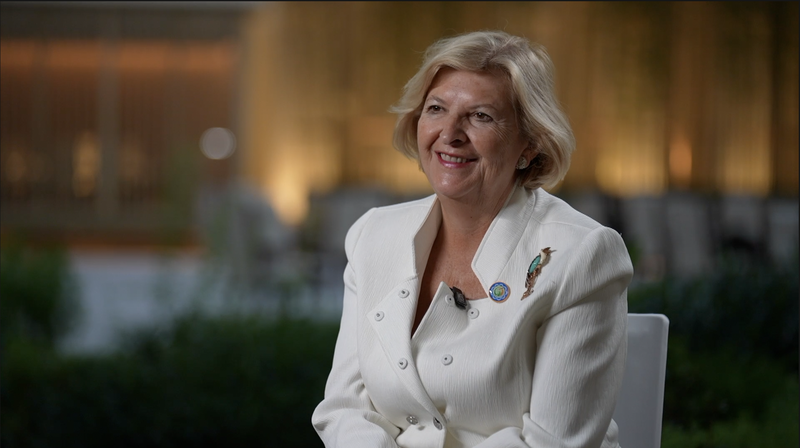As global challenges threaten progress toward gender equality, rural women across Africa remain pivotal to strengthening food systems and local economies. This year's International Day of Rural Women highlights both their indispensable contributions and systemic barriers holding back their potential.
The Unseen Backbone of Rural Economies
Women constitute nearly half of sub-Saharan Africa's agrifood workforce, with many engaged in trading, processing, and food distribution. Yet limited access to land ownership, financial resources, and decision-making power stifles productivity. The African Development Bank estimates these disparities cost rural economies billions in unrealized growth annually.
Time Poverty: A Hidden Crisis
Women in water-scarce regions spend up to 200 million collective hours daily fetching water – equivalent to 22,800 years of lost opportunities. This unpaid labor gap prevents education, entrepreneurship, and community leadership.
Three Pathways to Progress
1. Gender-Responsive Infrastructure
Projects like Kenya's market childcare facilities demonstrate how infrastructure redesign can boost women's economic participation. The Democratic People’s Republic of Congo's water distribution initiative, supported by the African Development Bank, reduced women's daily burdens through community consultations.
2. Policy Overhauls
Experts advocate for land tenure reforms and digital financial services tailored to women farmers. Gender-disaggregated data collection is critical to measure progress.
3. Private Sector Partnerships
Collaborations between NGOs like Wow Mom Kenya and local governments show how childcare support and market upgrades can increase women-led business revenues by up to 40% in pilot programs.
As Dr. Jemimah Njuki notes, 'Investing in rural women's empowerment isn't charity – it's strategic economics.' With food security and climate resilience at stake, their success determines Africa's sustainable development trajectory.
Reference(s):
cgtn.com








